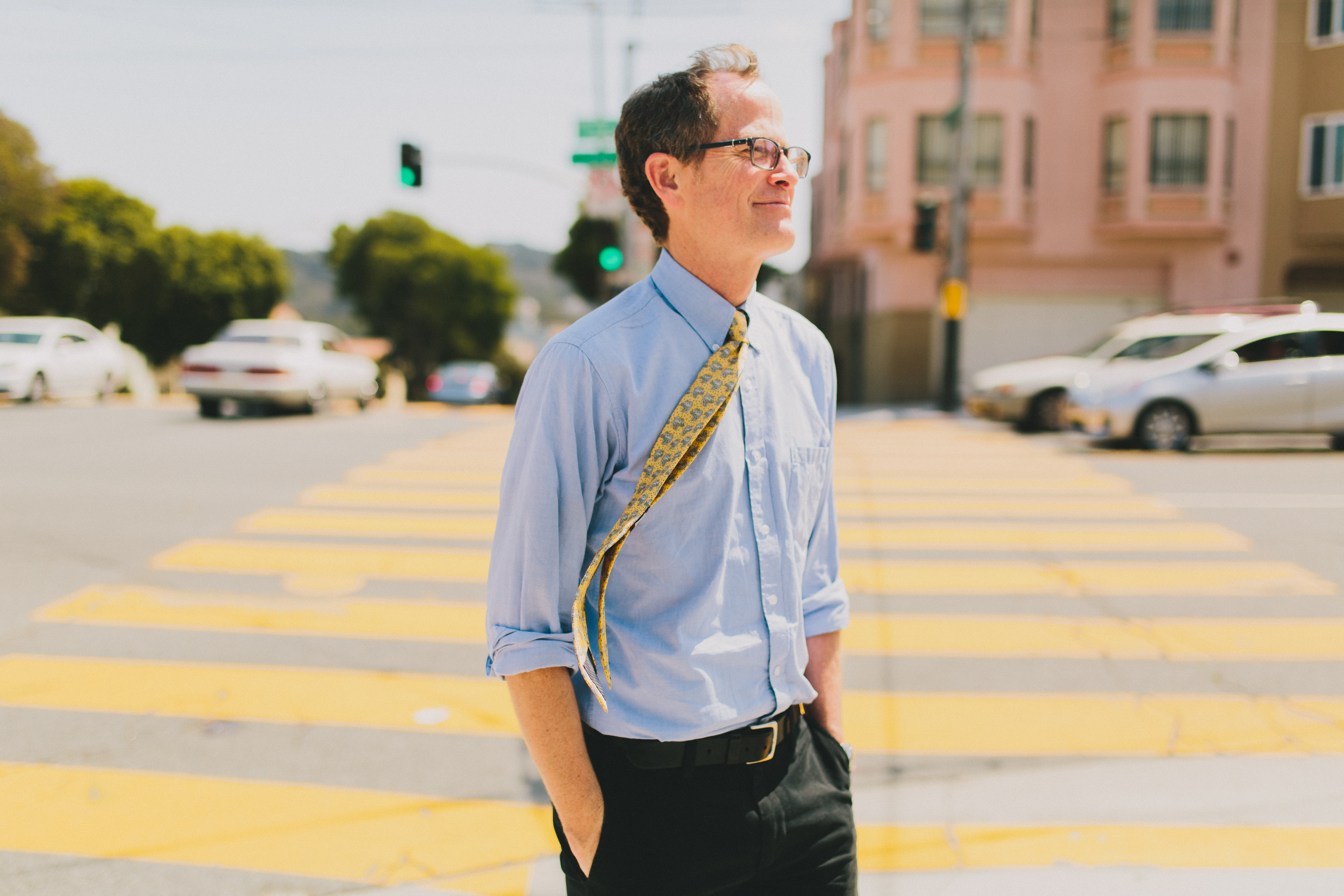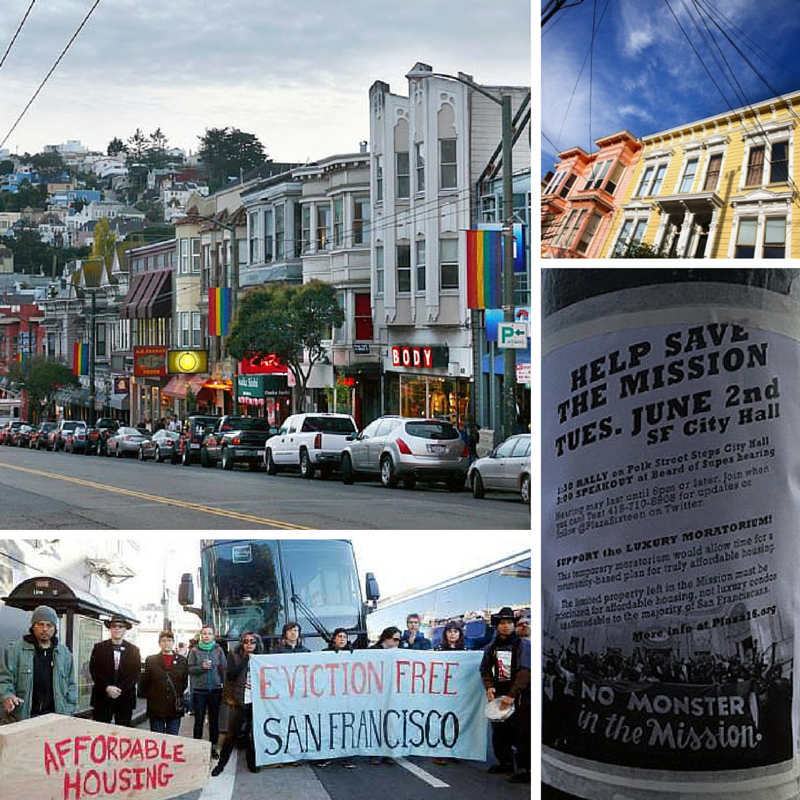Life-long conversations on neighborhoods, housing and gentrification

David Donahue
Director, Leo T. McCarthy Center
Community-engaged learning claims many student benefits like making learning relevant by bridging theory and practice, promoting openness to multiple perspectives, and fostering dispositions to further community involvement. As I reflect on my community-engaged learning in college over three decades ago, one measure of that learning’s value sticks with me — enduring questions that I’ve considered for a lifetime since. One question that was first posed in Providence, Rhode Island in the 1980s has stayed with me for decades is especially relevant in San Francisco in 2015: Who can claim a neighborhood?
As an undergraduate student doing research on the history of buildings for a local preservation society, I remember talking with one of the society’s leaders about how in the neighborhood I was researching, Portuguese immigrants and their families were being displaced by what were then called “yuppies.” Responding to my concern and sense of loss in this change, she said, “No group is entitled to live somewhere forever.” At the time, I was taken aback, but I’ve never stopped asking the question, “Whose neighborhood — and why?” As a resident of a block bridging the Mission and the Castro, the question has personal relevance. Is the Castro always to be a gay neighborhood — even as more heterosexual families move in? As the Latino population of the Mission continues to decline, will that neighborhood lose its current identity? As a resident of gentrifying (gentrified?) San Francisco, I ask these questions, knowing that both the Castro and Mission had other identities before their current ones.
I’m grateful for my community-engaged learning experience in college because my faculty advisor helped put my questions into conversation with other related questions about neighborhood identity. This led to other questions about the right to housing and to community based on identity; questions about how cities evolve and whether that evolution can or should be channeled, stopped, slowed down, or sped up. The answers I’ve developed to these questions inform everything from the calculus of where I live (Does my presence contribute to changing the character of the neighborhood? Does it change the availability of rental housing stock?) to how I vote (Will this referendum preserve valued characteristics of the neighborhood? Will it make it harder for others to find housing?). The programs at the Leo T. McCarthy Center are committed to fostering this kind of reflection about important policy matters that lasts a lifetime.


